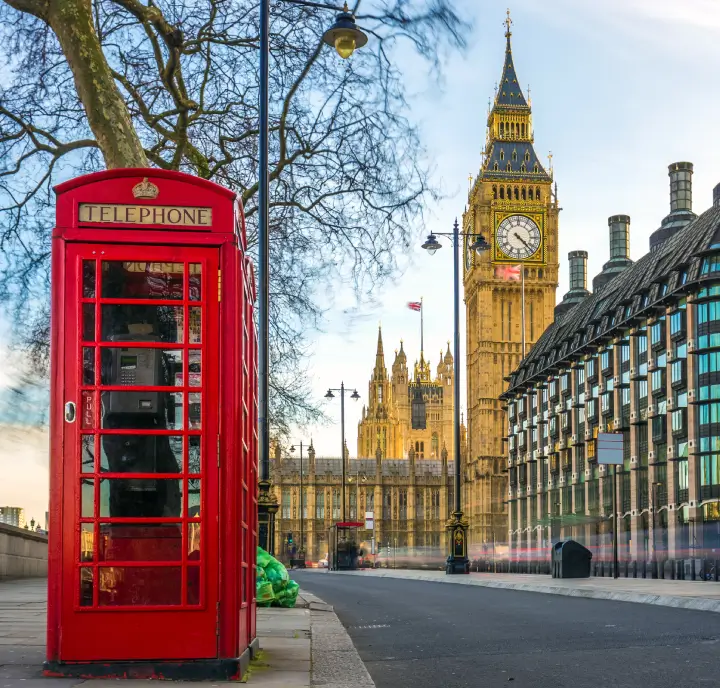A prenuptial/pre-civil partnership agreement (pre-nup) is entered into by the couple before entering into their marriage/civil partnership and sets out what will happen in the unhappy event that the relationship breaks down and ends in divorce/dissolution.
Whilst a pre-nup is not legally binding, if properly prepared and signed it will carry a great deal of weight “if it was freely entered into by each party with a full appreciation of its implications, unless in the circumstances prevailing it would not be fair to hold the parties to their agreement” (Radmacher v Granatino).
However, such agreement would not be allowed to prejudice the reasonable requirements of any children or to leave one spouse in a predicament of real need. The court can therefore still effectively act as a safety net intervening and increasing the sums to be paid to avoid real hardship to the financially weaker party and any children.
Where there is no pre-nup, the courts in the UK have a wide discretion when dealing with finances and it is likely will be more generous to the financially weaker partner than the provision contained in a pre-nup. This is why, where there is financial disparity between the parties, more and more people, are opting for such an agreement.
Some might say that this is not very romantic; however, with divorce rates as high as they are and whilst those entering into marriage or a civil partnership do so in good faith on the basis that it will be a lifelong commitment, they realise that there is at the very least a chance that the relationship will falter and be brought to an end by divorce or dissolution. One or both of the parties may have heard horror stories from friends or relatives or read about cases in the news and want to avoid acrimonious legal proceedings. They may also feel more comfortable knowing that if things do go wrong they have an agreement setting out how finances will be dealt with (which they agreed to and which they at that time considered to be both fair and reasonable) rather than trying to negotiate when they are also trying to recover and cope with the breakdown of their relationship.
To make a pre-nup as water tight as possible it is best for both parties to have legal advice. The same lawyer cannot advise both parties. Usually the lawyer instructed by the financially stronger person drafts the agreement which is often a very detailed document. This is then sent to the other party asking them to obtain legal advice. Even if the couple have spoken about the agreement receiving a letter from a solicitor with the agreement can feel very daunting, it can raise tensions between the couple at a time when they are also concentrating on preparing for their happy day.
The mediation process could avoid this scenario.
The couple can meet together with a mediator either before or after they seek legal advice to discuss what it is they would like and what they would like the pre-nup to achieve in a safe, supportive and confidential environment. During the mediation they will make a full disclosure of their respective financial positions. They can discuss any concerns they might have about entering into the agreement and could be asked to consider what might be different if the relationship broke down with and without the pre-nup in place.
Whilst the mediator is neutral and will not provide any advice to the couple (s)he can give information in response to questions. Following a successful mediation, the mediator will send a document called a memorandum of understanding to each party for them to take to their lawyers so that they can each obtain legal advice before the pre-nup is drawn up.
Any of our senior solicitors would be happy to answer questions on or advise you about pre-nups, but if you would like further information or an informal chat about mediation in the context of pre-nups do contact Margaret Kelly on margaret@j-lg.com or 020 3709 8983
Monday - Friday: 9:30am - 5:30pm









